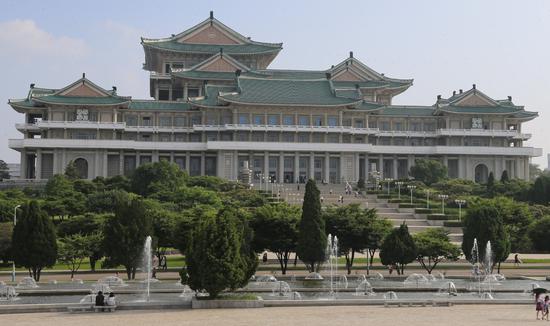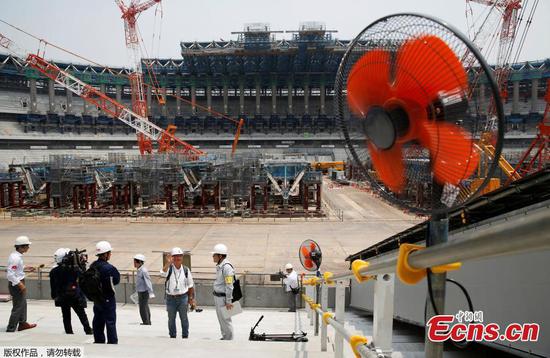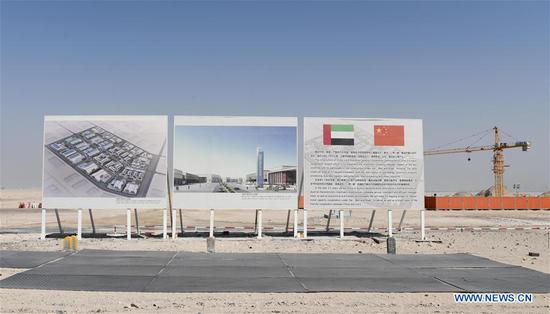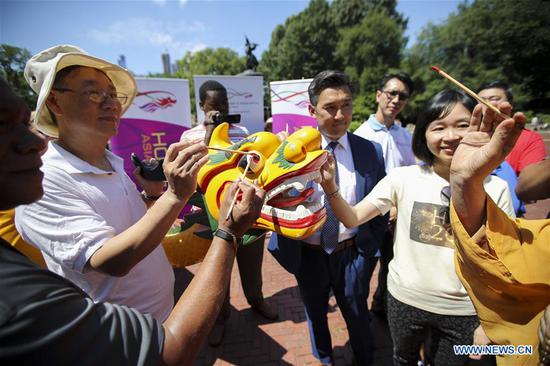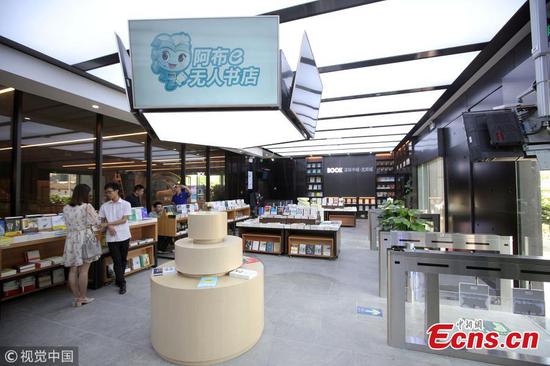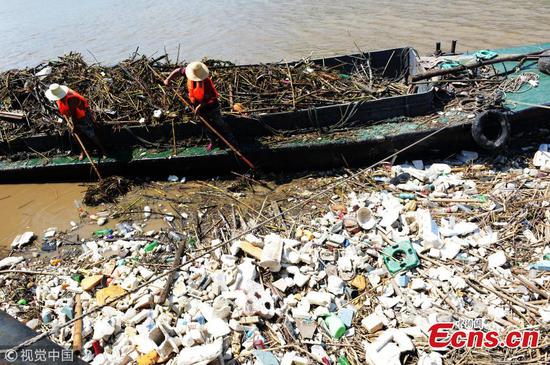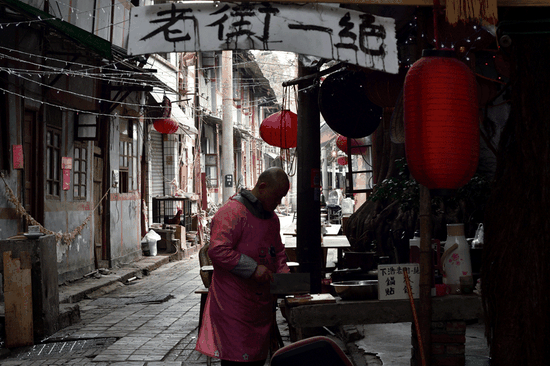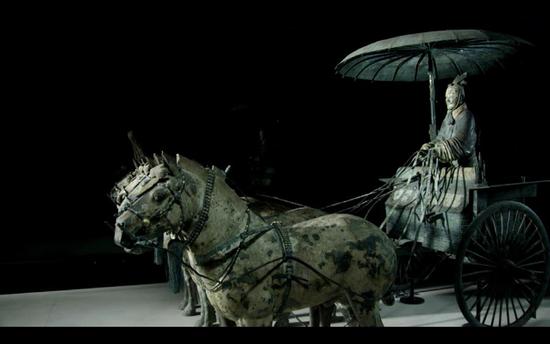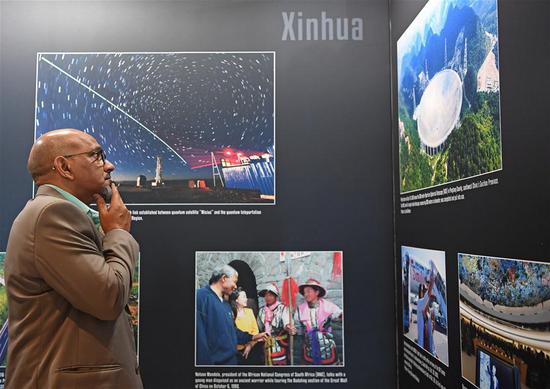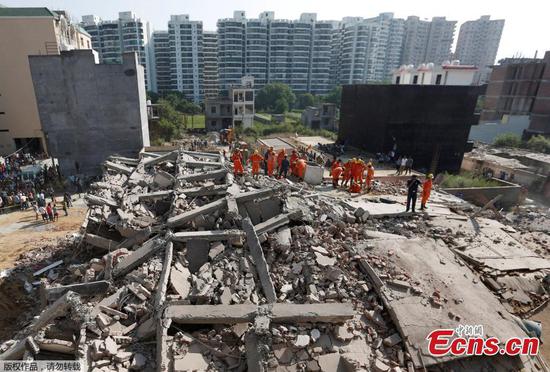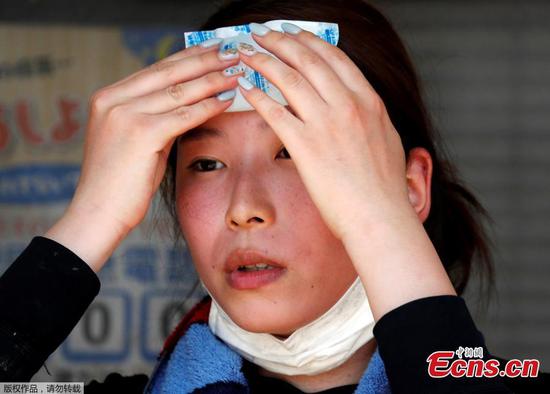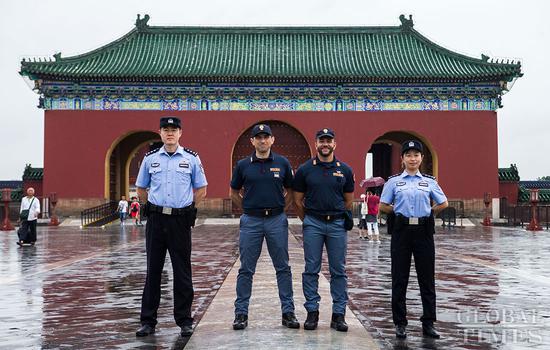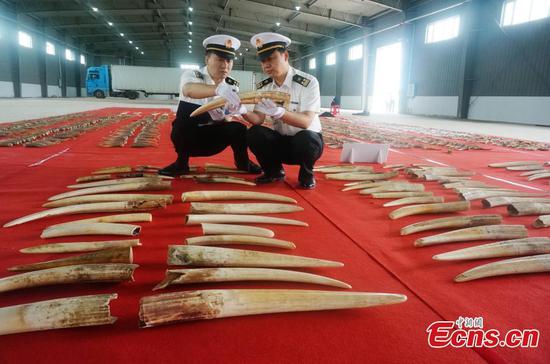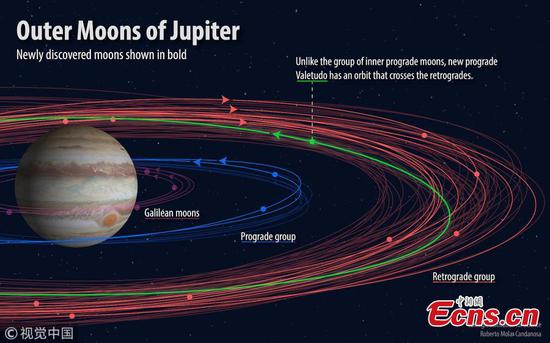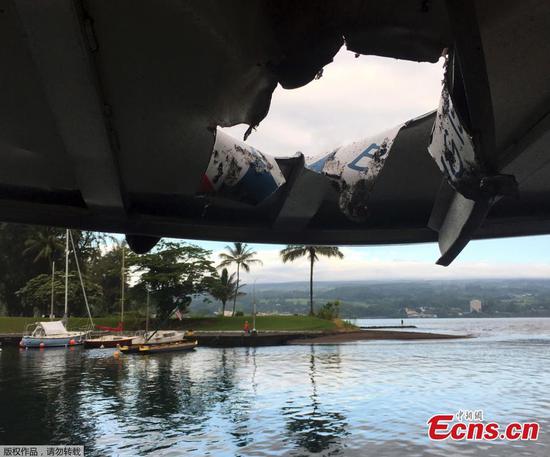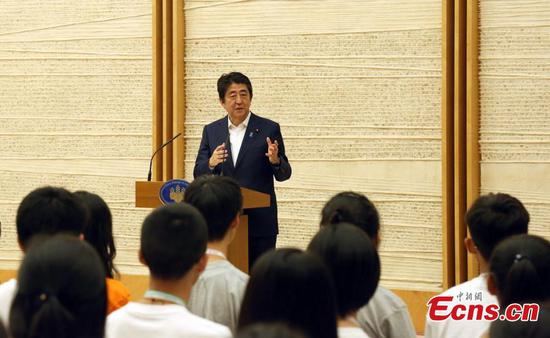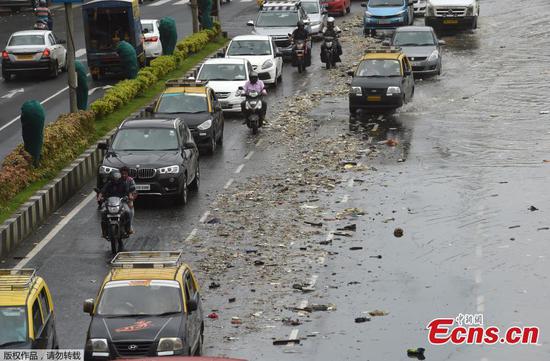"Donald Trump's plan to levy tariffs on China is unjustified and will not be effective. There will be no winner in this trade war. Only losers." Chinese Ambassador to the United States Cui Tiankai said on Wednesday.
In an article published in the USA Today daily, Cui said China's trade surplus, the issue at the center of US criticism against China, was not produced intentionally, since "the flow of trade is determined by the market."
Also, "the fact that the US government curbs high-tech exports to China makes the deficit even bigger," Cui said.
"Deficits are not products of ill intention, nor are they necessarily bad for an economy," he explained.
"Generally, they result from how resources are allocated in a globalized economy and are natural reflections of the global value chain," he said. "Besides some structural reasons, such as the low savings and high consumption rates America maintains, the role of the US dollar as the international reserve currency inevitably leads to trade deficits."
But having a deficit does not mean the United States is losing, Cui said. "On the contrary, thanks to the trade with China, American families have access to more, higher quality, lower cost products."
As an example, he said in 2015 alone, trade with China lowered prices in the United States by up to 1.5 percent, saving each family 850 US dollars on average.
China won't yield to "maximum pressure" on trade
Cui also said that China showed "maximum sincerity and patience" to engage in four rounds of high-level economic talks with the United States from February to June this year.
"Unfortunately, the US has betrayed its own words. It brazenly abandoned bilateral consensus and insisted on fighting a trade war with China, forcing us to take countermeasures," he said.
China, on the other hand, will continue its reform and opening-up, he said, citing some recent major steps.
"Tariffs on 1,500 types of consumer goods have been lowered considerably. The import tariff on automobiles has been cut from 25 percent to 15 percent. The revised negative list for foreign investment released late last month substantially eased market access restrictions for foreign investors. In November, China will host our first International Import Expo in Shanghai," he said.
"With all of this as a backdrop, it is absolutely beyond our understanding that the US government initiated the trade war with such determination," said Cui. "Does the US government genuinely believe China would possibly yield to such unreasonable policy?"
"Anyone familiar with Chinese history knows that 'maximum pressure' doesn't work for our nation," he said. "Trade bullying will only backfire. There is no winner in a trade war. The US will only end up hurting itself and the world."
China's policy has long been geared toward dialogue and consultation when attempting to resolve trade disputes, the Chinese diplomat said.
"To be sure, there is room for China to improve its trade policy and address structural economic issues. We certainly are open to addressing reasonable American concerns," he said. "But the two sides should conduct dialogue and cooperation on the basis of mutual respect and trust."
"For great powers like China and the US, competition -- even conflict -- is natural. It is, however, vital for us to manage such competition in an effective and constructive way," Cui said.
Cui's article came as the world's two biggest economies have been locked in a trade dispute. The United States has also provoked trade tensions with other economies.












